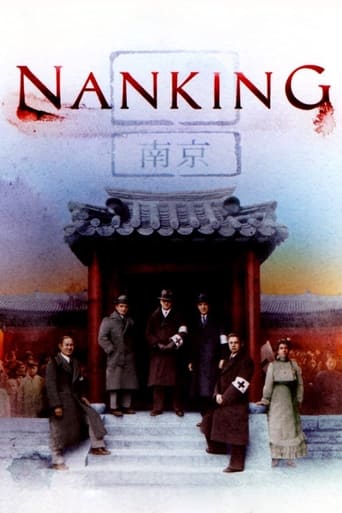


Nanking
The story of the rape of Nanking, one of the most tragic events in history. In 1937, the invading Japanese army murdered over 200,000 and raped tens of thousands of Chinese. In the midst of this horror, a small group of Western expatriates banded together to save 250,000. Nanking shows the tremendous impact individuals can make on the course of history.
-
- Cast:
- Hugo Armstrong , Rosalind Chao , Stephen Dorff , John Getz , Mariel Hemingway , Michelle Krusiec , Chris Mulkey


Similar titles
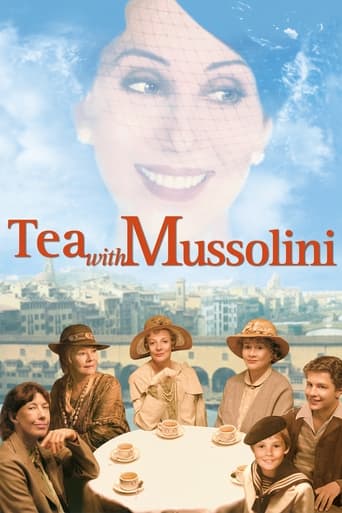
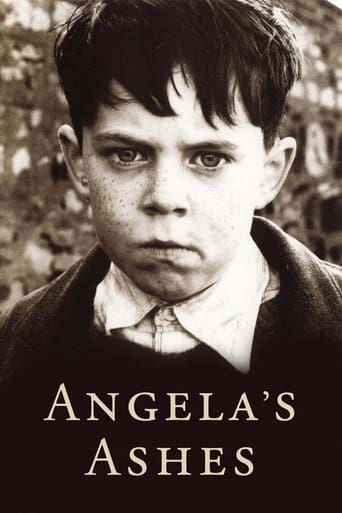
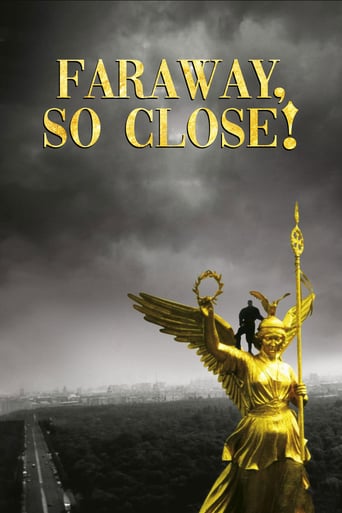
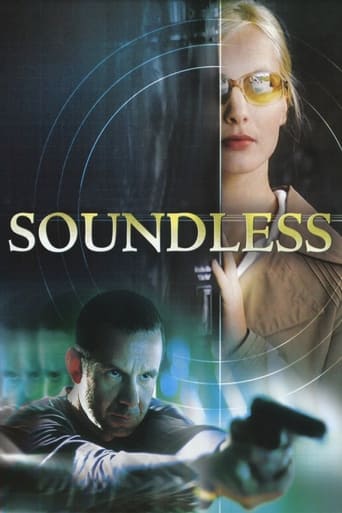
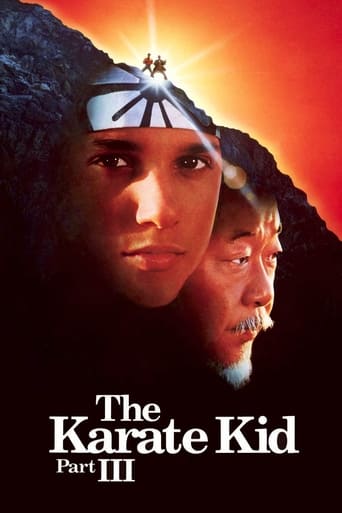

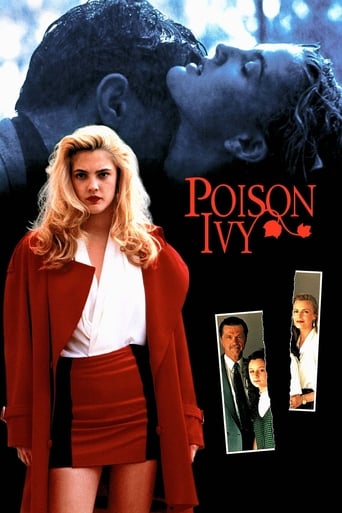
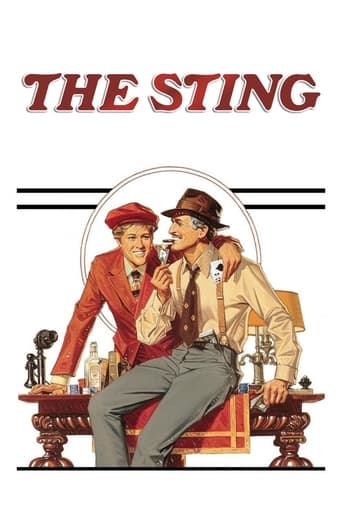
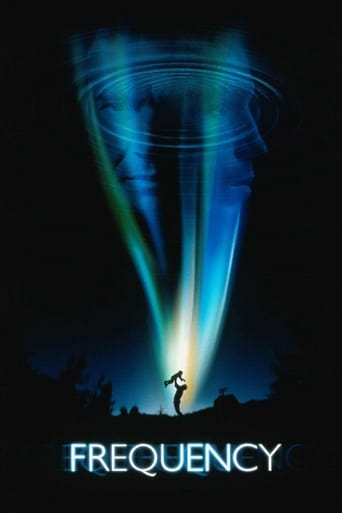
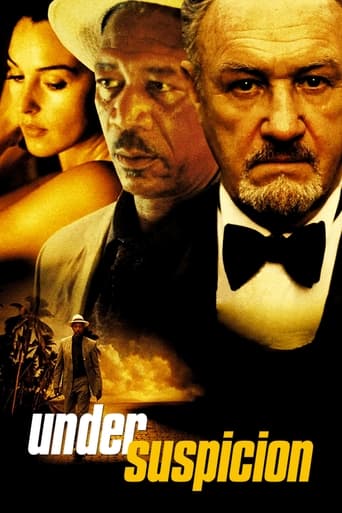
Reviews
I wanted to but couldn't!
Good story, Not enough for a whole film
Great movie! If you want to be entertained and have a few good laughs, see this movie. The music is also very good,
The acting in this movie is really good.
A powerful film recounting the atrocities committed before World War 2 in China by members of the Japanese military. The bulk of the film is told as journal entries from the actual people who were involved. There are also interviews with the actual survivors and some of the 'participants' as well from the Japanese army.It's quite an interesting effect. The voice overs are combined with actual footage from the war. And it gives a sad realism to it.For me the worst part was the ending where the atrocities were documented and brought to the attention of the American politicians but they chose to turn a blind eye to it - as did the rest of the international community.For shame. The US of A had the same reaction to the news as Hitler's Germany - they both turned a blind eye.
I've been studying Japanese and Russian War atrocities for more than 30 years and STILL wonder why Hitler and the Nazis get 99% of the "holocaust" rap. Most people don't know of the rape of Nanking and countless other acts of Jap barbarism, like the fact that the Japanese were DIRECTLY responsible for over 14 million deaths NOT due to war combat, and the Russians, under DIRECT orders from Stalin, killed more than 16 million. Yet all you ever seem to hear is the 6 million Jews that the Nazis killed. YES YES YES, the holocaust was an obscene tragedy of the worst kind, but why don't we rap the Japs for their 14 million victims-after all, the world leaned on us for herding the Japs living in the US into internment camps during the war and then waiting 35 some years to repay them a part of what they lost; but what reparations have the Japanese made to the world for THEIR atrocities? THEY HAVEN'T EVEN ADMITTED IT TO THEIR OWN PEOPLE!! Japanese world history goes up to 1940,then skips to 1946 and continues to the present day!?!?!? This movie is a MUST-SEE! It is accurate, factual, and chilling! Go see it! And Iris Chang, may you rest in eternal peace, dear lady!
Typically I wait a day to two before writing a review on a film in order to gain a deeper understanding and rationalization before reacting. In the case of this film, I'll make an exception to this practice.I've studied genocide and violence at the university level and my awareness of the horrors that struck Nanking in Decemeber of 1937 are well beyond superficial. This film is an absolute must-view for those driven to bringer greater peace, justice, and truth to the world regardless of heritage.Of course there will always be a swell of controversy among descendants of Japanese and Chinese heritage, which is an unquestionable shame, especially for those in the former group. The list of excuses, denials, and sophisticated cover-up I've often witnessed, firsthand, by many of my Japanese-American friends is disgusting. However, I am not interested in fueling a debate inspired by closeted nationalism, racial/ethnic pride, and partial history, the end results have so often led to circular frustration beyond comprehension. The evidence of the "Nanking Genocide (not massacre) is overwhelming and indisputable. These realities are clearly demonstrated throughout this emotionally paralyzing film. I would further declare that any person of Japanese lineage strong enough to view this film will undeniably depart with a shaken conscious.Effectively, "Nanking" utilizes written, verbatim historical documentation, mostly from Western figures who were present during the swift and unforgettable tragedy of December 1937. People who thankfully recorded their experiences by pen and further confronted the horrors of the Japanese army with unbelievable courage. The pen is indeed mightier than the sword. Throughout this spirit-crushing reel, the historical dialogue is channeled via familiar Hollywood actors, and actual survivors of the genocide - all genuinely driven by objective, therapeutic, and moral-seeking resolve. While the dialogue strikes deep, archival footage is shown, a good deal of it pulled from Japanese sources - see end credits for reference. Also, without detail, you will be amazed at the number of ironies that unfold in "Nanking."Tears built and inevitably rolled down my face many times throughout "Nanking" as I couldn't help but think of the numerous countries complicit in Nanking's spiral into hell, and the subsequent genocide's that have transpired since. One being Darfur, Sudan which continues at this very moment. Even more, the denial by people, especially with Japanese heritage, is just utterly perplexing and beyond tragic.I'll refrain from further analysis and opinion only to suggest that you find courage in your moral capacity to spend roughly two hours of a day with a good friend or family member to see this film of monumental tragedy and courageous heroism. We cannot call ourselves human without facing the wickedness within. The soul requires to be wholly cleansed from time to time. Nanking has such effects/affects.
This is a disturbing and fascinating film. It inter-cuts original newsreel film and film made by witnesses to the atrocity, face-to-camera reminiscence by some of the Chinese eyewitnesses, interviews (apparently made some years ago) with surviving Japanese soldiers who were involved in one part of the massacre, and a small cast of mostly American actors reading excerpts from diary entries, letters and other documents written by some of the 15 Europeans who tried so valiantly to maintain the "safe zone" in the old town of Nanking during the massacre.As a history teacher, I have taught a little 20th century East Asian history. I knew of the Nanking massacre. I have read some of the documents used in the film and seen some of the still pictures. I hadn't seen any of the film before, though. It's very shocking stuff. That said, the most powerful and emotional moments of the film for me were the interviews. Especially the accounts of the old people, children at the time, who saw their family members killed or experienced rape.Some of the comments I've read on the message boards here question whether this is a legitimate documentary. The Europeans (and some of the Chinese and one Japanese) are portrayed by actors. They do their job very well, but there is always a problem with dramatisation. How much can we trust the actors' interpretation of their lines? And how far has the editing gone? Then also, why choose just these people to represent the European community? Where were the Danish and British voices? Also, although they had tried to put themselves into character as prim missionary, grey businessman, reticent doctor, at least three of the actors were familiar faces to me, and in the beginning I found my thoughts wandering off the topic as I tried to identify them. (Mariel Hemingway, Jürgen Prochnow and Woody Harrelson.) Contrary to some of the voices on this message board, I don't think Nanking is anti-Japanese propaganda, or simply out to shock. I think the film makers are sincere when they say (through the words of their European witnesses) that the film does not set out to vilify the Japanese as a people. (Though I note that the Chinese witnesses uniformly refer to "Japanese devils" at least in the subtitling.) But isn't it often the case that a film made to condemn the atrocities of war is always likely to be interpreted differently depending on the prejudices the audience brings with them? If you already think the Japanese are devils, this film will confirm you in your belief. If you distrust Americans, you will find more fuel for your prejudice here. If you think all war is hell, you'll go away convinced that this film is a great contribution to the cause of pacifism.I tend towards the latter. And I think I could use this film in class to teach history.
